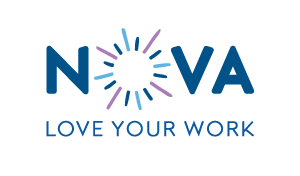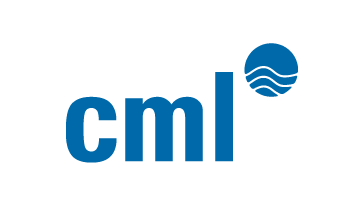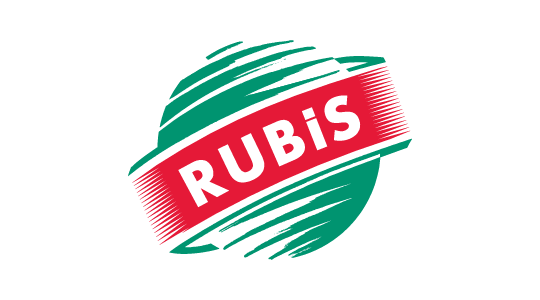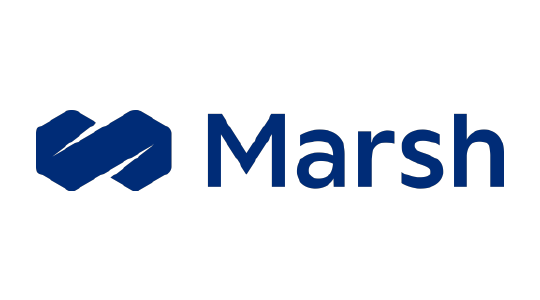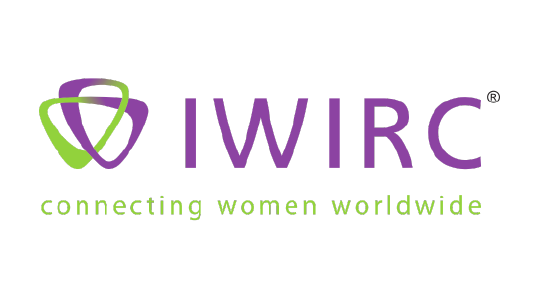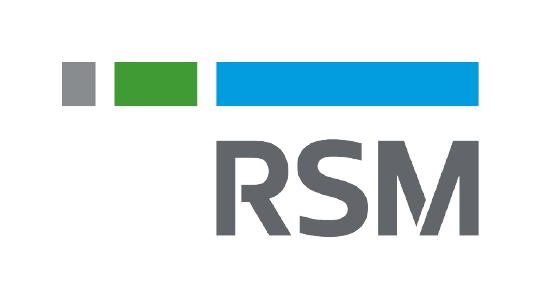Career progression is something that can often be overlooked, misunderstood and just plain forgotten. Some business owners may feel that staff career progression and personal development is ‘not their responsibility’ and should fall to the individual looking to develop further. Are they wrong? Who is responsible, and what should they be doing?
What is Career Progression?
Before we dive right into who the responsibility goes to, let’s make sure we’re all on the same page of what exactly career progression means. Career progression is the process of climbing the corporate ladder during your working life. Many aspects contribute to successful career progression, moving forward, receiving a promotion, and finding new challenges.
Is Career Progression just finding a better job?
Let’s be clear; career progression is not simply finding a new, better job but also defining your progression when staying with your current employer, position or role while receiving greater responsibility, satisfaction, and success. It can also be about receiving a pay rise, being given additional responsibilities, moving sideways in a company, or being promoted.
Who is responsible for Your Career Progression?
Returning to the initial question of ‘who’s responsibility is your Career Progression?’, it is often unclear who is responsible, the manager or the employee. One of the most common reasons employees leave companies is a lack of career development but is that the company’s fault alone, or does some of this fall on the employee themselves?
Ultimately, career progression is a discussion between both parties
It’s no secret that companies that invest in career progression gain the best out of their employees. Managers who engage in high-value career conversations are rewarded with long-term employees who are engaged, productive, and ready to move up the corporate ladder.
While managers, in some cases, need to step up and be equally responsible, it is also up to you to express your career development goals to your manager. If your company has an open-door policy, then it is there for a reason. Use it, engage with management and start the conversation.
Managers also need to be aware of how to handle the conversation. If the company offers career progression, senior management must be aware of any training and progression opportunities for their line staff and mentor the individual with their career progression questions.
Understanding Company Differences
It’s also essential to think about the differences between companies and what they can offer, as this will vary due to many reasons, but with a key one being the company size and what they can provide as a result.
Larger firms
Larger firms with an HR team may plan training and development for different employee levels with opportunities available on a rotational basis, or for more senior staff, initiatives in career coaching, mentor programs or leadership training.
Smaller firms
In smaller firms where there is less line of sight to progression paths, often the emphasis is placed back on the employee to ask for training and support towards their development, but that doesn’t always have to be the case. With smaller firms, companies can do things to offer progression, such as simply being open to new ideas: maybe your staff have a brilliant idea for a new business offering that they could take the wheel on.
What Can Managers do to Support Employees in their Career Progression goals?
Take a personal interest
Communicate frequently with your team with regular meetings, but also reach out on a one-to-one basis so you can keep informed of their career goals and expectations. With this level of support, employees will feel valued, leading to higher productivity and loyalty to you and the Company long-term.
Promote training and development within the company
It’s all about opportunities, and one of the main reasons an employee may have joined the company is due to the culture promoted at their interview regarding training and development. Continuing education fuels the employee’s career growth. Stay attuned to the broader company’s opportunities and encourage your team to be invested in courses, guest speakers, and networking events within the industry. An example of a cost-effective career or personal development program within the workplace is arranging lunch-and-learn sessions with internal or external guest speakers.
Encourage mentoring, job shadowing & rotation
Many companies adopt mentoring for new employees during the onboarding process, but companies would be wise to expand on this for their employee’s personal and professional development. Long-term staff offer professional guidance, while they can also benefit from the newer employee who may have fresh perspectives and insights into new technologies, a win-win situation. Or shake it up a little by offering job rotation, allowing employees to work in different but related departments. Team members will gain new skills and show more appreciation for their colleague’s positions and even a better understanding of the business.
Establish a career succession plan
Creating a career succession plan for every key position promotes a powerful message. It can help motivate employees to learn new skills and knowledge required for their career progression towards the top of the ladder.
Keep in mind that employee career development can deliver ROI for your business, avoiding the possibility of losing disillusioned employees to competitors in the industry. Companies that offer career advancement to their employees cultivate a culture within their workforce, producing well prepared, responsible and productive employees as they move up the corporate ladder.
What Can You do to Accelerate Your Career Progression?
Network
A large part of career progression is finding the opportunities you can, being visible and connecting through professional networks. Networking receptions, seminars, conferences, trades shows and networking internally in a larger office are ideal ways to be seen and considered.
Mentoring and Coaching
Seek out a mentor you look up to in your career; they can help you navigate the professional world based on their lived experiences in a similar field. With a mentor, expect advice and guidance on aspects of your career, like interview training, industry insights and managerial challenges. On the other hand, coaching can be more formal with a structure where your coach will set the standards, timings, and expectations. Both can be a considerable advantage to career progression and creating an action plan forward.
Training and Development
Training and development can cover a whole host of activities towards career progression. Training courses and upskilling in new areas of expertise are valuable ways to improve your development in different areas within your role, industry, or business. Most commonly, training is offered as a course. Still, as mentioned earlier, this could be hands-on training by shadowing a colleague that has experience and knowledge in an area of the business you are interested in progressing to. Study the profiles of successful people in your industry. How did they reach their career goals, which path did they follow, what professional associations are they members of?
Simply Ask
In some instances, it is as simple as asking what progression opportunities exist. By asking about your career progression, you show your employer that you are keen to improve, develop and climb the ladder. A company with career progression in its culture will only further encourage your development and progression. Set aside time to plan your career aspirations and how to reach goals and milestones. Ask your manager for one-to-one support to help with your progress.
Reach for the top of the ladder
Employees can be more engaged when they know their employer is concerned about their growth and career progression. Career development paths may also directly impact employee satisfaction, morale, motivation, and productivity.
Company culture is an important aspect to look at before moving to a new company; if career progression is essential, you must investigate the culture before committing. Your employer should be offering advice, support, and encouragement to set you on your way to the top of that ladder.
_________________________________________________________________________________
Louise Reed is the Co-Founder & Board Member at Connect by Nova, as well as the Managing Partner at CML Offshore Recruitment, one of the primary partners of Connect by Nova. If you are currently located in the Cayman Islands and are looking for a career move, Louise and her team at CML Offshore Recruitment are here to help.
We hope that this post has been a helpful insight into planning for career progression. If you are looking for more tailored advice about progression or new career opportunities, feel free to email connect@nova.ky and speak to a member of the career team about training and bespoke services offered to help you #AchieveCareerSuccess.











